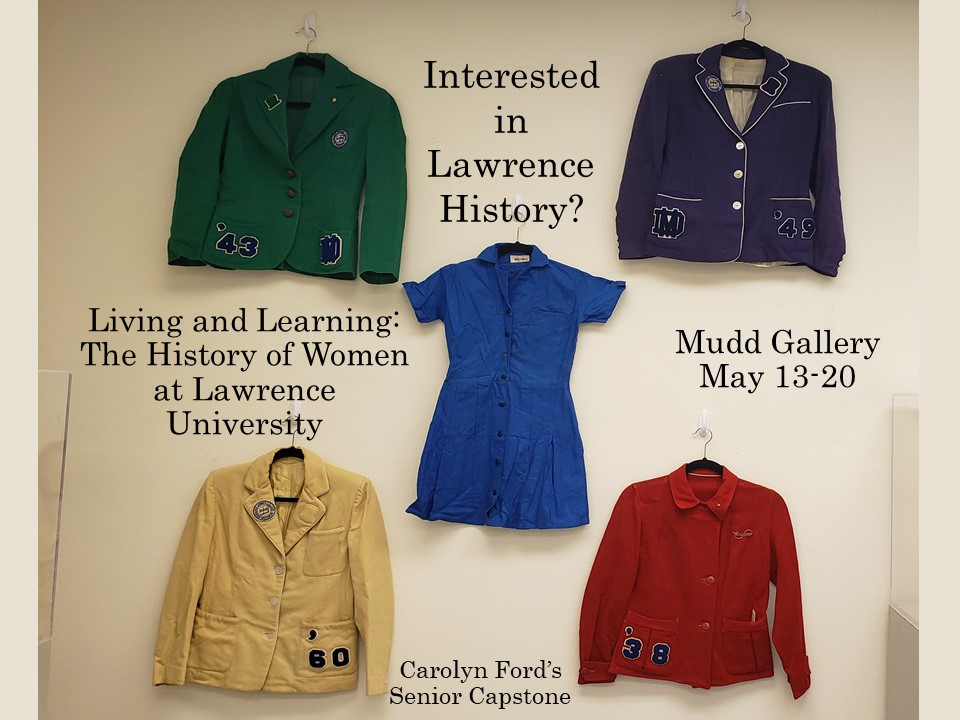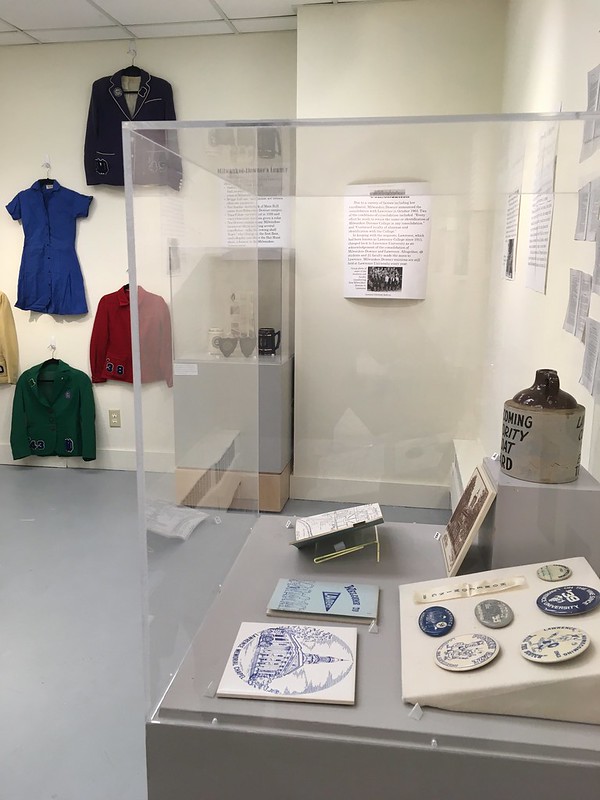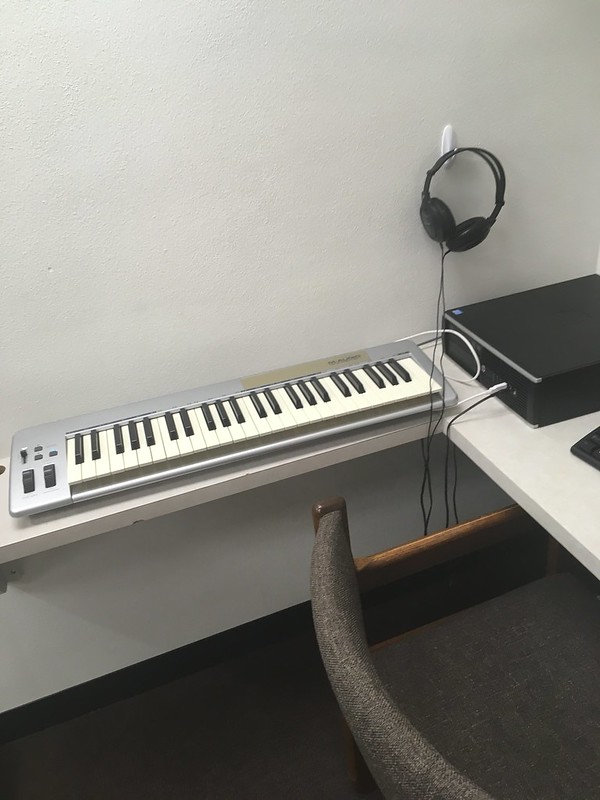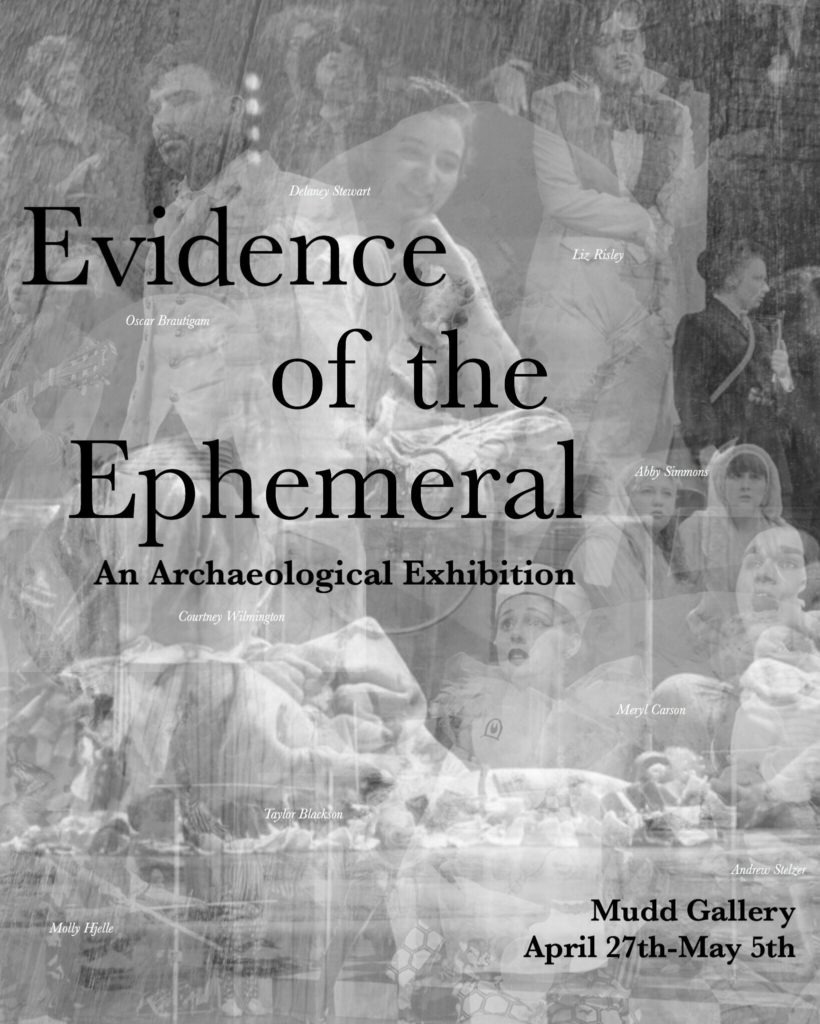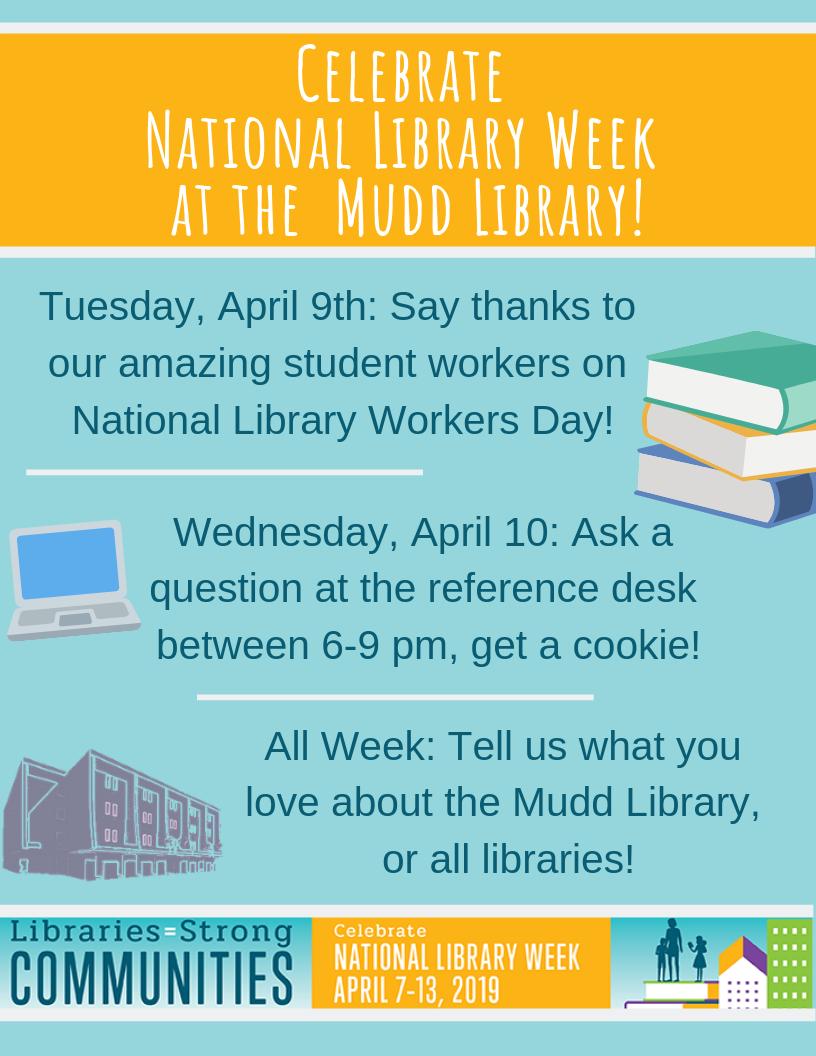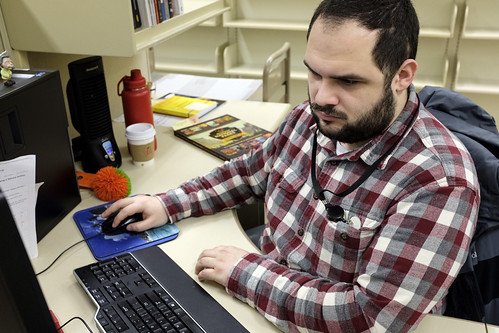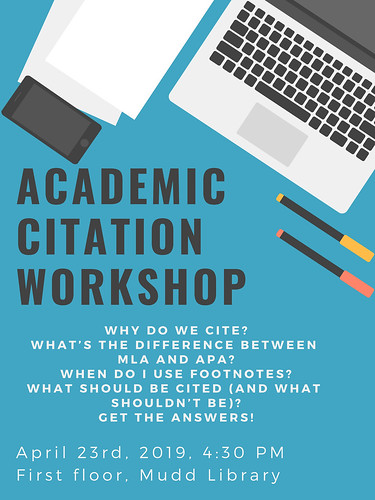By Jill Thomas, Director of Technical Services
On July 16, 1969, a crew of three NASA astronauts, Neil Armstrong, Commander, Buzz Aldrin, Lunar Module Pilot, and Michael Collins, Columbia Command Module Pilot, set out to land on the moon. On July 19, Neil Armstrong and Buzz Aldrin took the first steps on the lunar surface, spending over 21 hours there before returning to Earth. Their success captivated Americans and the world. The landing completed a ten-year mission to send Americans to the moon.
50 years on, scientific exploration has continued over the intervening decades. Check out the links below which highlight both the Apollo 11 mission and the Apollo Program. Don’t forget to think about sharing your story with NASA!
Online Resources for the Apollo 11 Moon Landing:
- Apollo 11 Mission Overview
The mission overview features images, videos, and audio highlights of the historic moon landing. - Apollo by the Numbers
This NASA publication serves as a statistical reference and encyclopedia-like description of all Apollo missions. - The Apollo Program History Links
A resource of links curated by NASA. Provides access to NASA and non-NASA resources about the Apollo Program. - Lunar and Planetary Institute’s Apollo 50 Web Page
Videos, photos, and maps from the collections of the Lunar and Planetary Institute. - Key Documents in the History of Space Policy
The Space Race was well documented in government documents. Digital versions of key policy developments are viewable at this NASA web page. - Share Your Apollo Story with NASA
Become a part of history. Share your Apollo Story with NASA. As a part of NASA Explorers: Apollo, NASA invites you to contribute to an oral history project celebrating giant leaps and exploration of all kinds.




